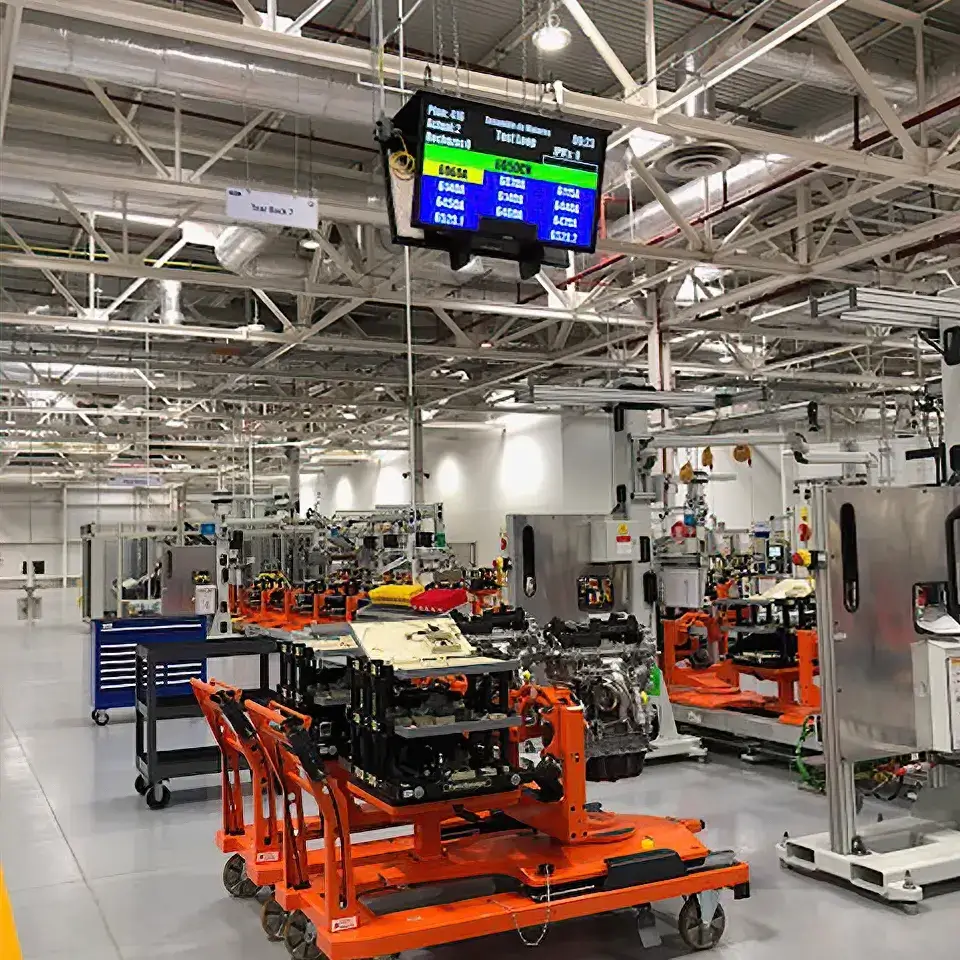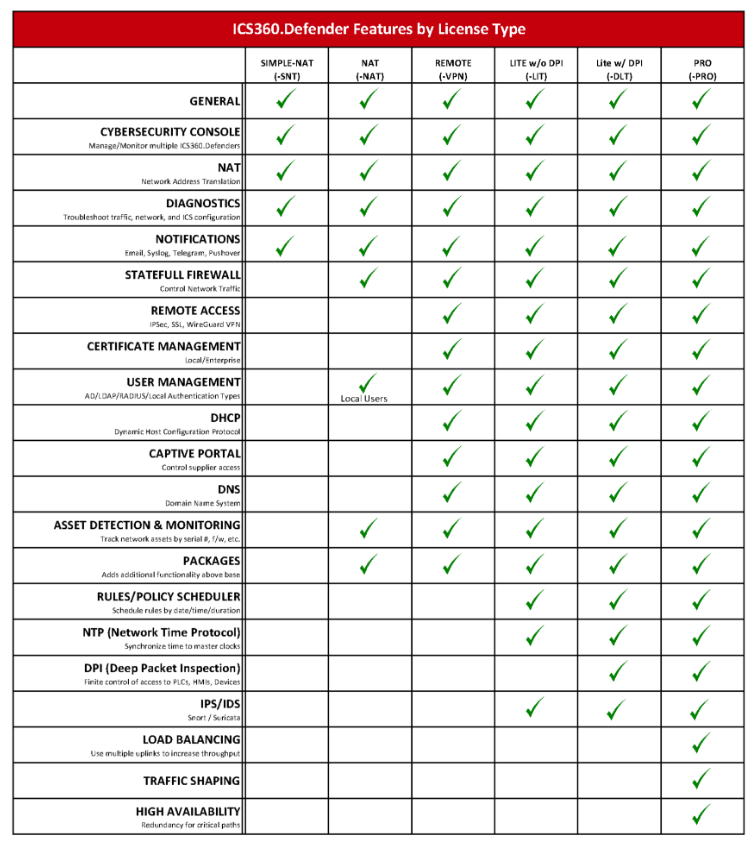As Doug Lawson, the CEO of ThinkIQ, wrote for Forbes, “The top business priorities for manufacturers in 2023 should be to improve profit margins while reducing operating costs.” One method that offers a way to accomplish these goals is the adoption of Industry 4.0 tech. In other words, make your factory smarter.
The Growth of the Smart Factory Movement
Speedier and more self-sufficient, smart factories are helping operators transition into the next era of manufacturing and production while also addressing some of the current challenges facing the sector. Future Market Insights projects that the smart factory market is expected to reach nearly $400 billion by 2033. There are a few advances helping to drive this upward trend. For one, more and more enterprises are integrating Internet of Things (IoT) and machine learning (ML). And then you have the rise of robots.
Yes, robots are here and ready to apply their crafted intelligence to your smart factory. With affordability beginning to balance out a bit and more sophisticated designs, the use of autonomous tools such as robotics is becoming more commonplace. Gartner summarized that 75% of large enterprises are likely to implement some form of “intralogistics smart robots in their factories” by 2026, according to the Forbes piece.
Examples of Smart Factory Adoption
While there are several examples out there of sites where such tech is being put into play, BMW Group has announced plans for the world’s first “digital-first” factory. So perhaps the smartest factory to date? VentureBeat relays that BMW’s electric vehicle plant in Debrecen, Hungary, which is set to open in 2025, will be AI-driven and focus on “bridging the physical and virtual worlds,” as put by the VentureBeat team.
Aside from BMW, the semiconductor industry is proving to be another eager adopter of these innovations. With perks such as maximized productivity and minimized environmental impact, Semiconductor Engineering reports that semiconductor producers are doubling down on their investments in data analytics, IoT sensors, digitization, and robotics.
This is likely to continue as companies realize that smart factory solutions also offer boosts to competitiveness, help stabilize supply chains, and more. But, the transition will not come without its hiccups. Scaling may be an issue for some, as well as the overwhelming amount of data that such tech can lead to. A smart strategy for rolling out a smart factory will definitely emphasize taking the process gradually and seeking out input for how best to modernize and automate operations.
The DYNICS team has created products that both streamline difficulties such as data management and uphold cybersecurity, a key factor in this new age of factories. Reach out to set up your free consultation.
Sources:
- “How Advanced Industry 4.0 Solutions Are Proliferating Smart Factories” – Doug Lawson, Forbes
https://www.forbes.com/sites/forbestechcouncil/2023/04/20/how-advanced-industry-40-solutions-are-proliferating-smart-factories/?sh=39ea06f67b4b - “Smart factory market to reach almost $400 billion by 2033” – Future Market Insights, Plant Engineering
https://www.plantengineering.com/articles/smart-factory-market-to-reach-almost-400-billion-by-2033/ - “AI is making smart manufacturing faster, greener, virtual — and more real” – VB Staff, VentureBeat
https://venturebeat.com/ai/ai-is-making-smart-manufacturing-faster-greener-virtual-and-more-real/ - “Smart Manufacturing Makes Gains In Chip Industry” – Anne Meixner, Semiconductor Engineering
https://semiengineering.com/smart-manufacturing-makes-gains-in-chip-industry/










